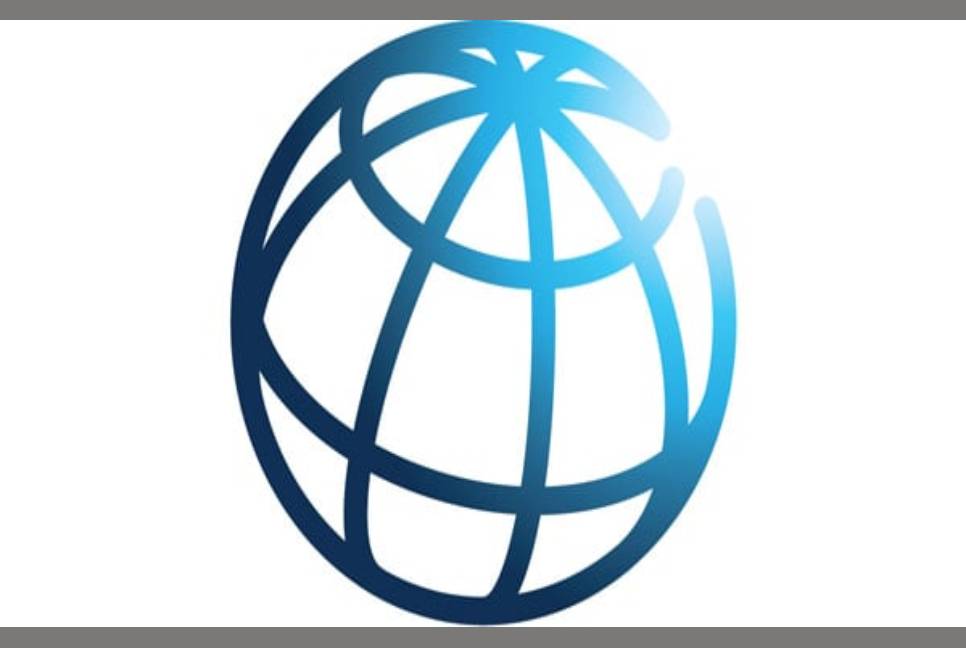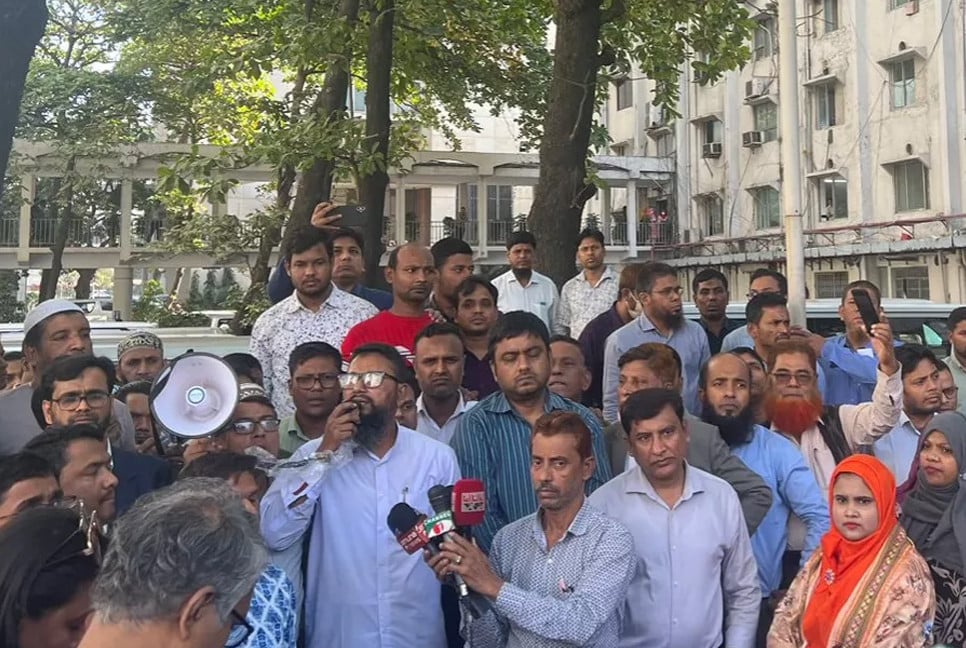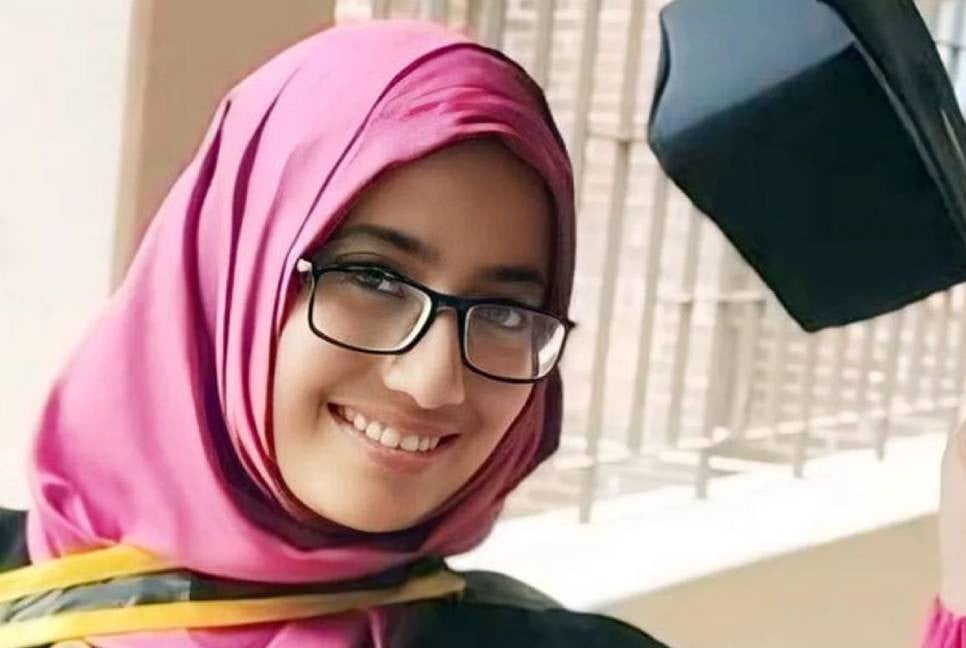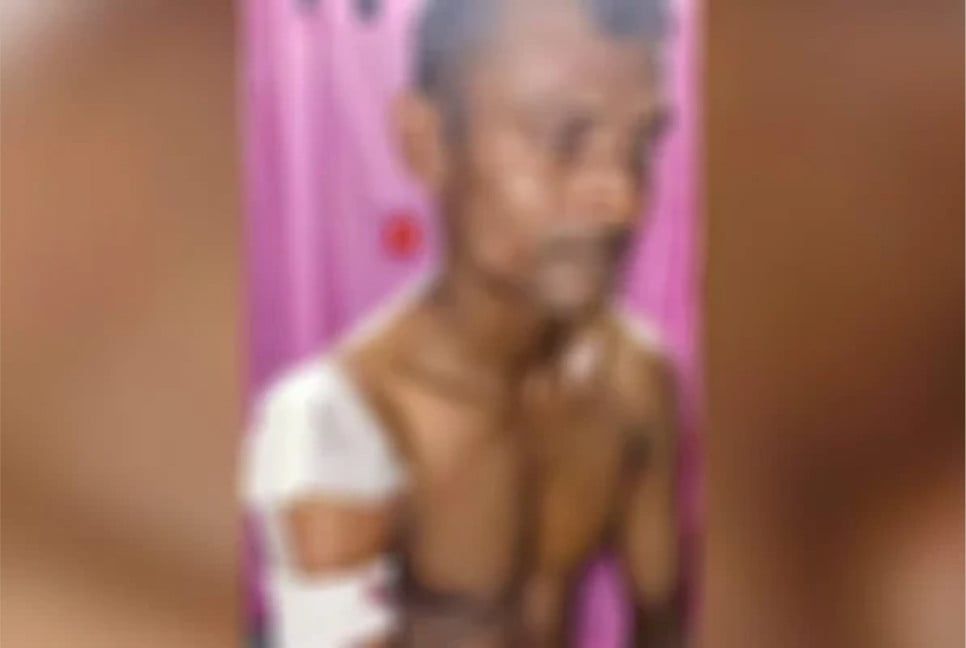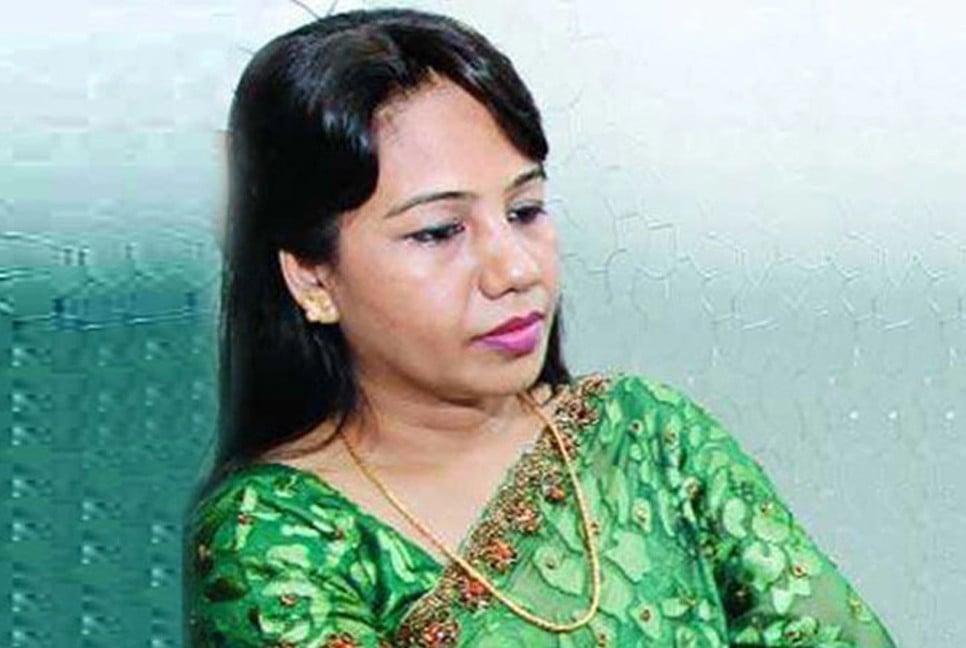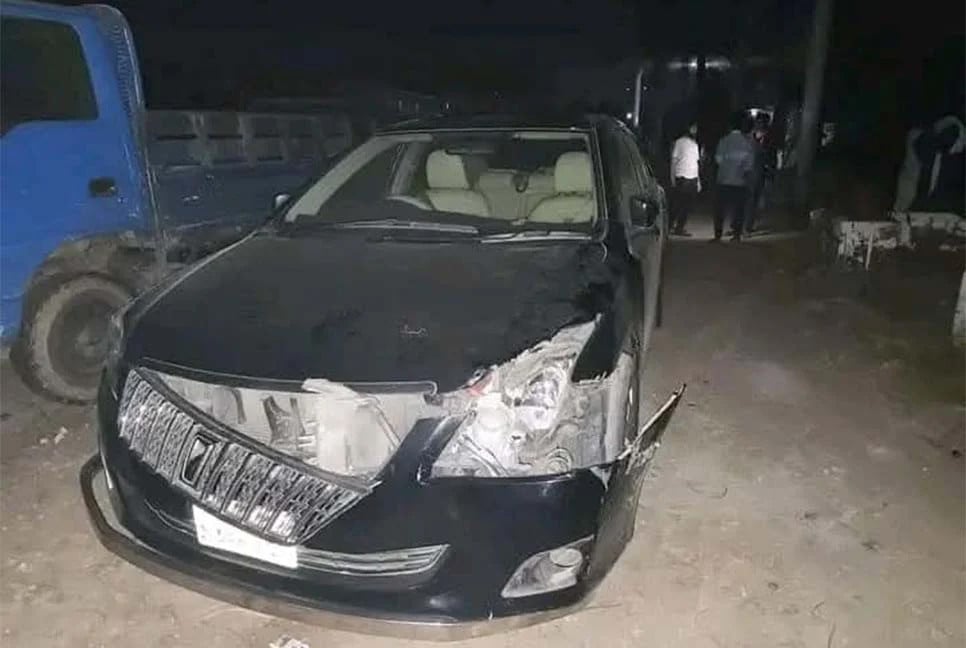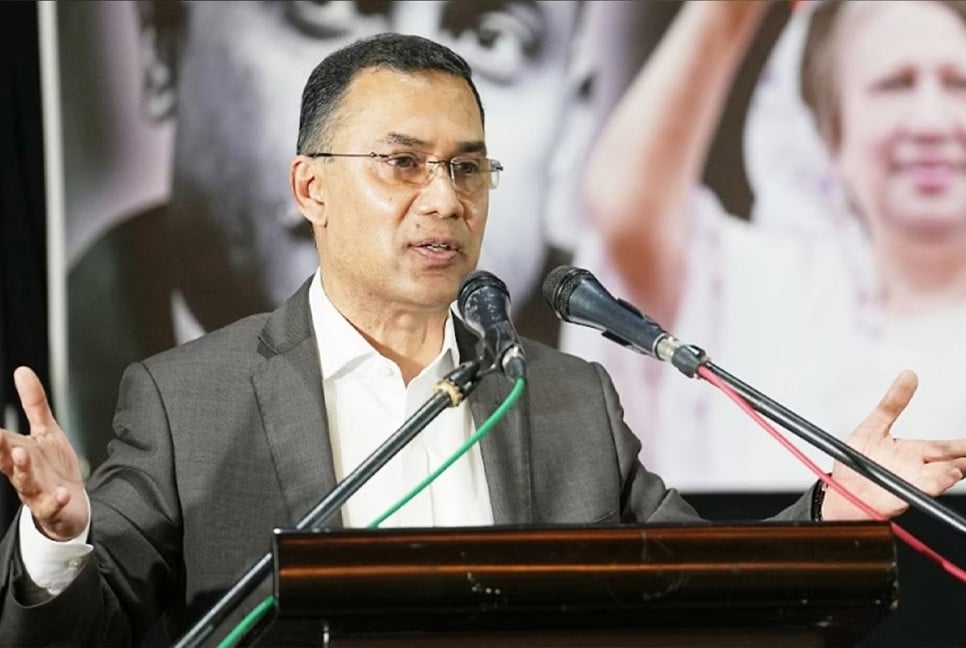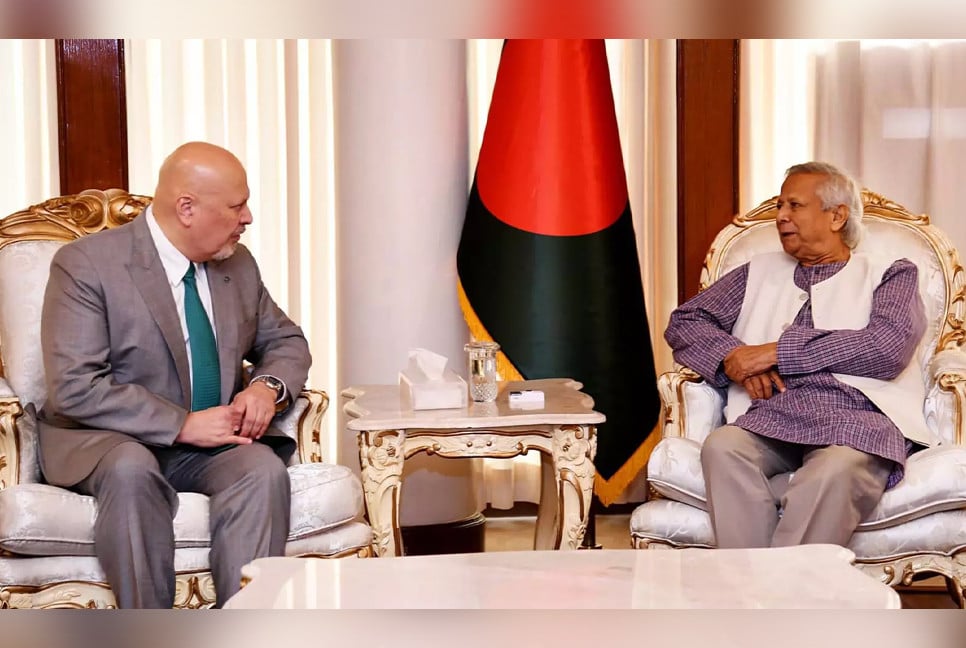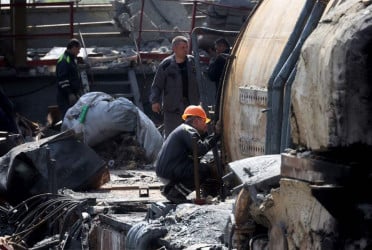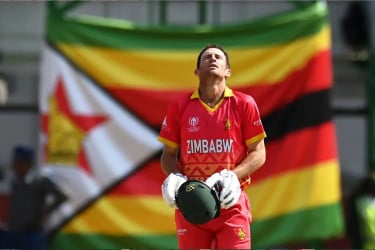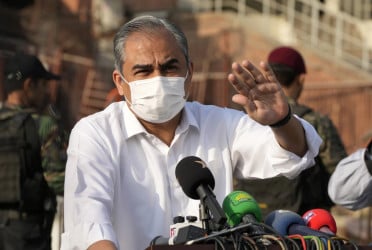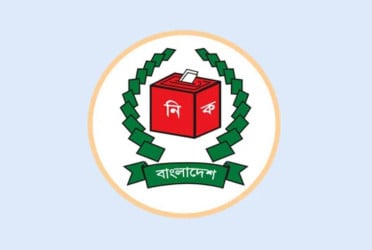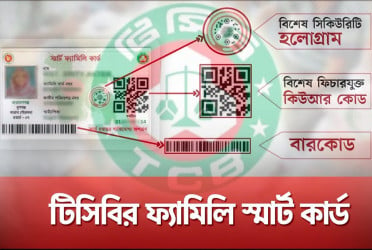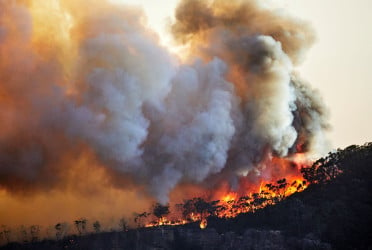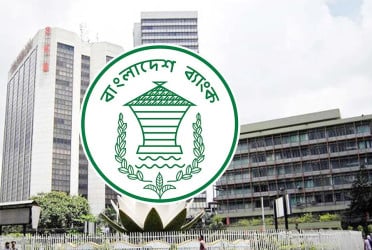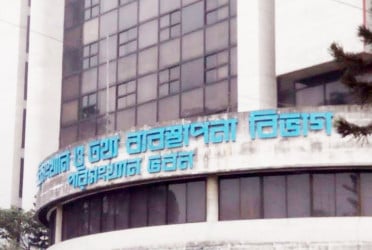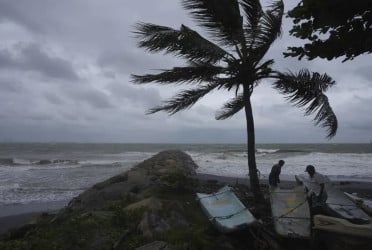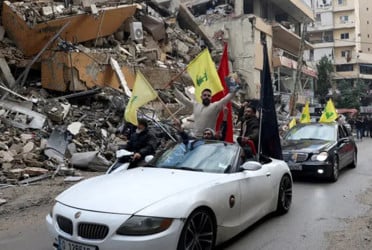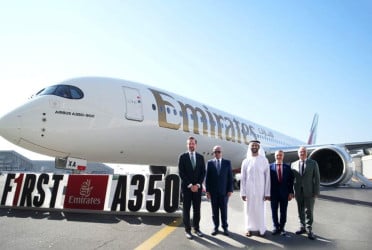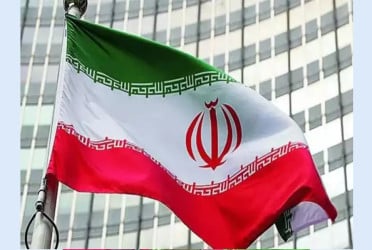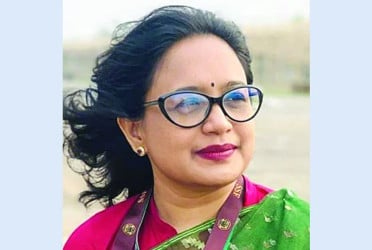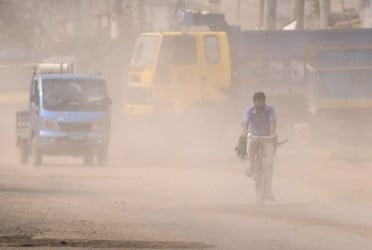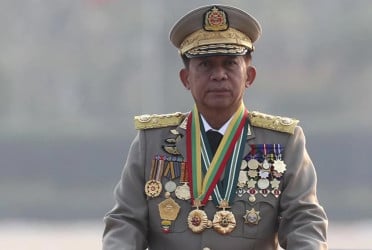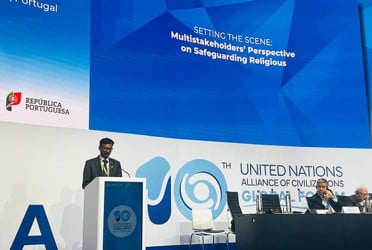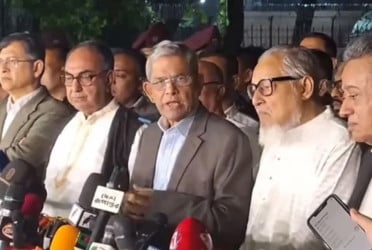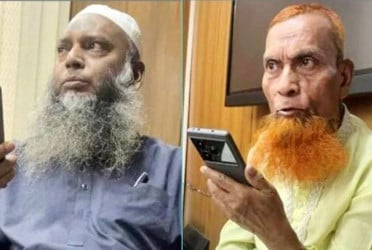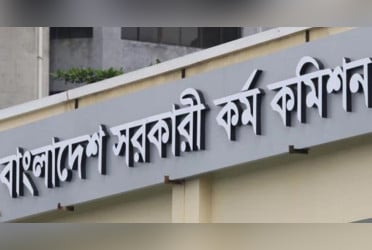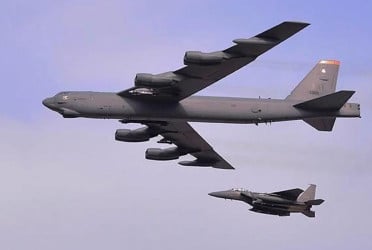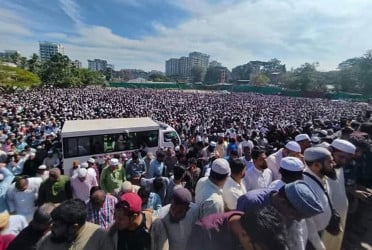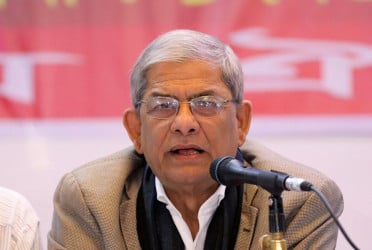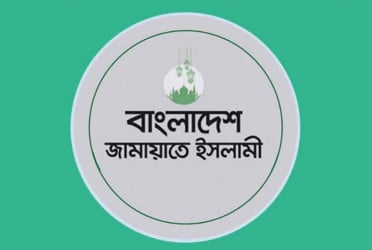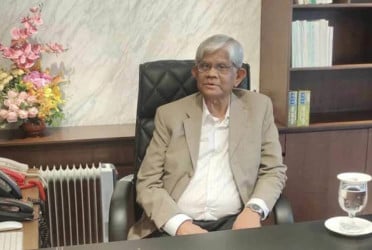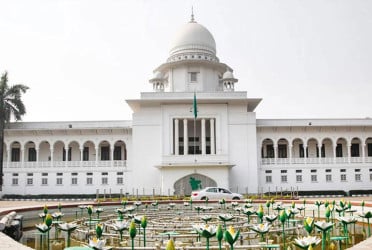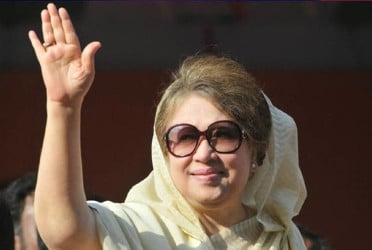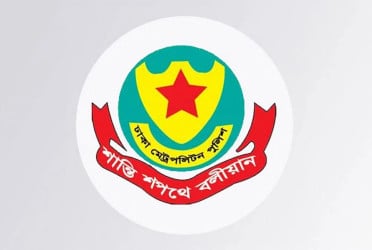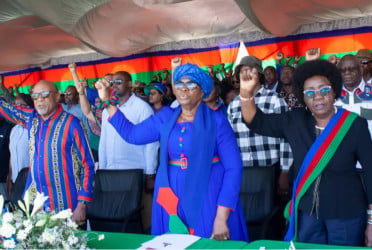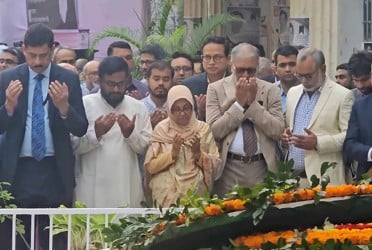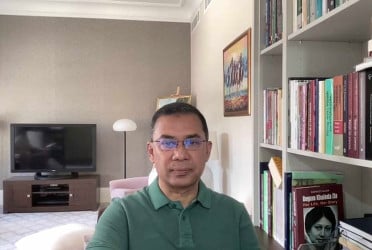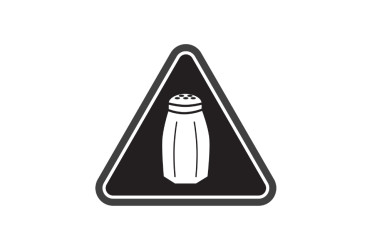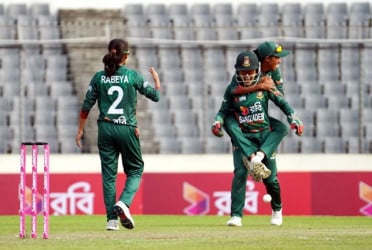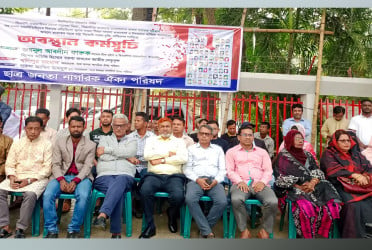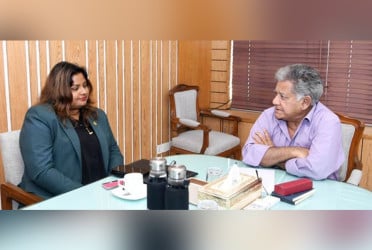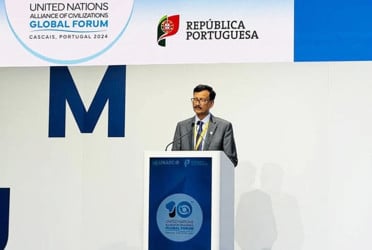The World Bank's (WB) Board of Executive Directors has approved two projects totaling $700 million to provide basic services and build disaster and social resilience for both the host communities and displaced Rohingya population in Bangladesh, news agency BSS reported.
"We greatly appreciate the Government of Bangladesh's generosity in supporting nearly one million Rohingya people. We also recognize the enormous pressure placed on the host communities," said Abdoulaye Seck, World Bank Country Director for Bangladesh and Bhutan.
The $350 million Inclusive Services and Opportunities for Host Community and Displaced Rohingya Population Project and the $350 million Host and Rohingya Enhancement of Lives Project will together provide support to the Bangladeshi host communities and the Rohingya people as this crisis enters its seventh year.
The interventions supporting the Rohingya population will be financed by the World Bank as grants under the IDA20 Window for Host Communities and Refugees.
The Inclusive Services and Opportunities for Host Communities and Displaced Rohingya Population (ISO) Project will build on active investments in livelihoods and essential health, nutrition, family planning, gender-based violence response and prevention services for at least 980,000 people in the Rohingya and host communities.
The project will prioritize investment in human capital development, with the aim to support the education of 300,000 Rohingya children under the age of 12.
The Host and Rohingya Enhancement of Lives Project (HELP) will improve access to basic services and enhance the resilience of at least 645,000 people in the Rohingya and host communities.
Project activities will encompass urgently needed investments in water, sanitation, and hygiene; climate resilient roads; renewable energy; and multi-purpose disaster shelters - underlying foundations critical to supporting productive livelihoods.
Around 70 percent of the displaced Rohingya people in Bangladesh are women and children, and half are less than 15 years of age. The two projects recognize the differentiated impact of the crisis on women, children, and other vulnerable groups.
Focused activities to address this include investments in gender-based violence prevention; safely managed, gender-sensitive, and climate resilient sanitation and hygiene facilities; solar streetlights for safety; and focused trainings for women on community-based disaster risk management.
The two projects follow the World Bank's support of $590 million grant since the onset of the crisis and are underpinned by the lessons learned through these earlier interventions, as well as learning from forced displacement crises around the world.
Nearly one million Rohingya have fled violence in Myanmar to Bangladesh since 2017, making it one of the largest forced displacement crises in the world.
bd-pratidin/GR

